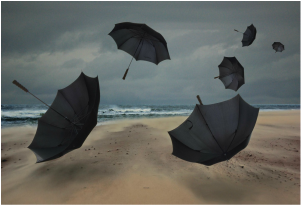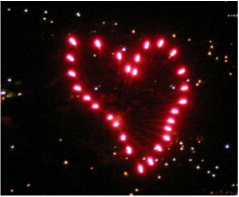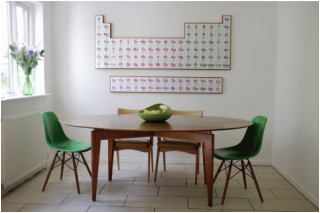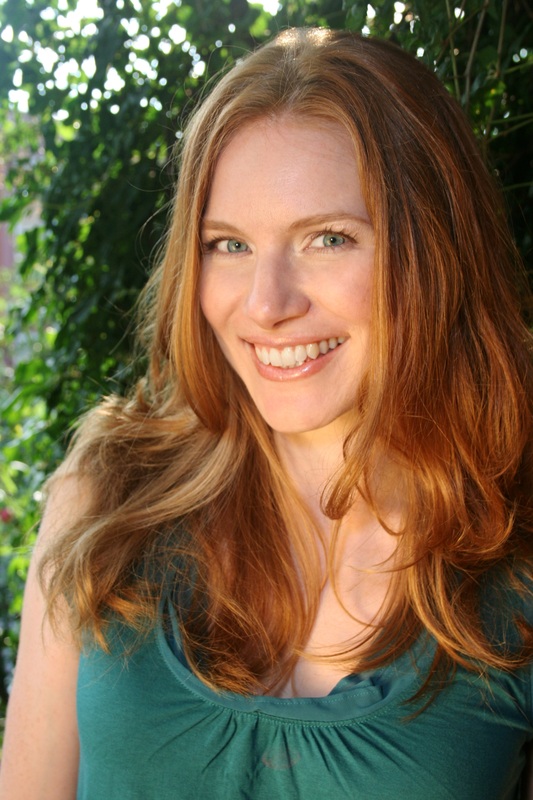
The theme of the puzzle was Coriolis force (the inertial effect that causes storms to spin in different directions depending on their hemispheric position) and it is applied with such elegance, you really have to see it to appreciate it.
| the amount of pleasure this act of brilliance gives me is difficult to describe. It’s just so perfect, so virtuosic, and yet so playful. It’s the Platonic ideal of a crossword puzzle. And the amount of creativity and brainpower it takes to actually conceive of and create it is astounding to me. |

Within a week of reading Ryan’s article, I randomly came across two similar descriptions of that same feeling.
| Seeing the table and this wonderful scheme whereby all the elements are shown in relation to one another and having a wonderful pattern of recurrence, so that every eighth element, at least to begin with, seemed to echo the properties of the one before it; this seemed to me the most beautiful thing I’d ever seen, the most economical, the most elegant. All of the elements, all of the building blocks of the universe fell into an order |
 Higgs + Crick wall art
Higgs + Crick wall art
Isn’t it why we bend over jigsaw puzzles?
Isn’t it why we find Tetris so addictive?
Don't we sell millions of design magazines and produce dozens of “fixer-upper” home TV shows on this soothing promise of order?
And on Saturday mornings, when the Globe and Mail arrives, isn't this why we disregard the headlines, skip the opinion pieces and make our way straight to the black and white square that brims with irresistible possibility?

 RSS Feed
RSS Feed
